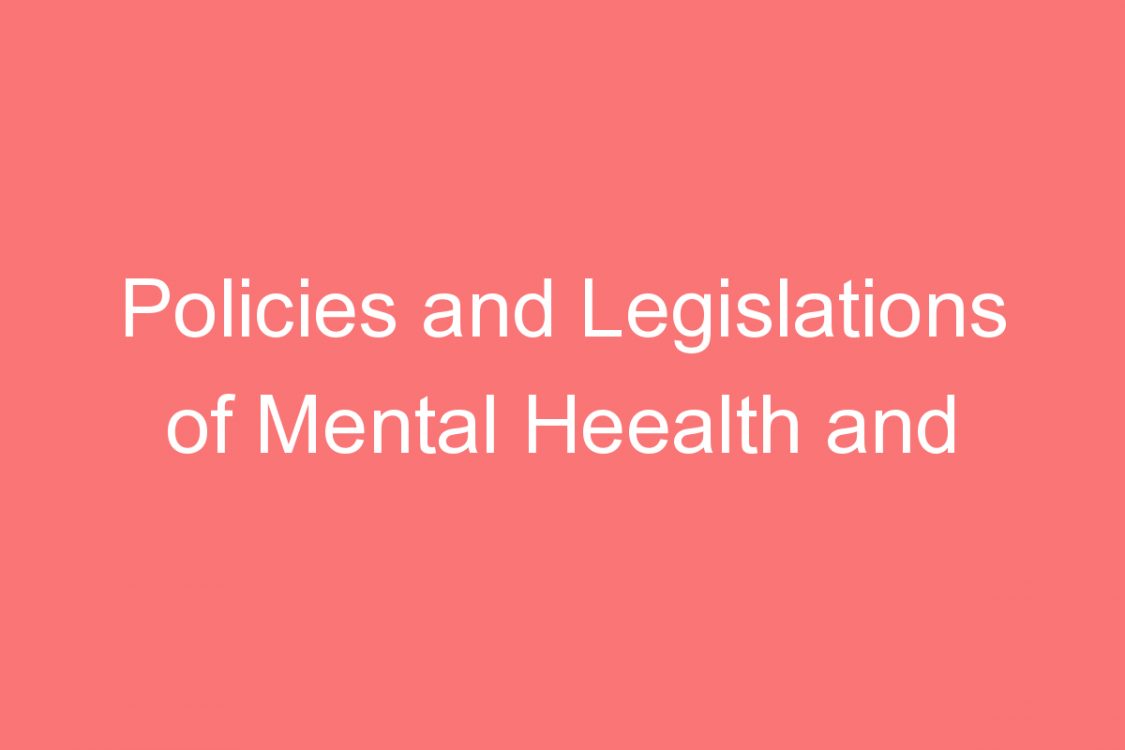Similarly there are several policies and programs that are formed in India, which are also very good on papers but largely the implementation part is very weak. The reason behind this is because the policy makers follow the criteria of bottom up approach where it is very difficult to understand the actual causes of the problems as well as the needs of the beneficiaries. Plus there are no such systems where one can make the policy reach till all the communities.
So even while planning a policy for imparting mental health services the role of the service users as well as the caregivers is very important. They are the ones who can tell the actual need and services that they expect from the Government so their participation in the process of policy formulating is the most important thing. This will also increase the civilians involvement in the implementation of the policy as they will feel a part of the procedure and will most importantly be able get connected with the services being provided and will just not be ambiguous as most of the policies which doesn’t make any link to the common people’s needs.
The role of the NGO’s here becomes very crucial as the social workers are mouth and ears for the common public. They work most in the grass-roots of the society and therefore they have the responsibility to listen and get the knowledge of the needs and services required to the service users and their care givers and then they work as the voice of the beneficiaries at the policy level. The other aspect of the work to be done by the NGO’s is proper and strong implementation of the mental health policies and programs that are passed by the Government. They also have the responsibility to spread awareness among common public.

